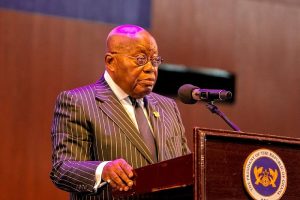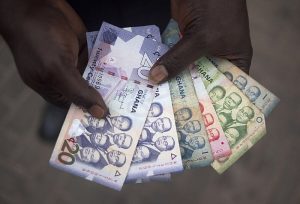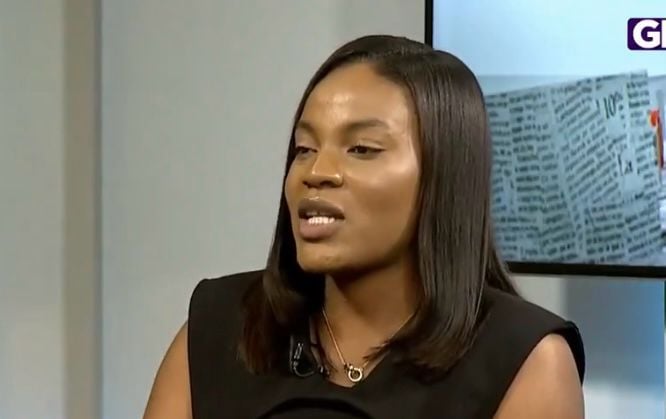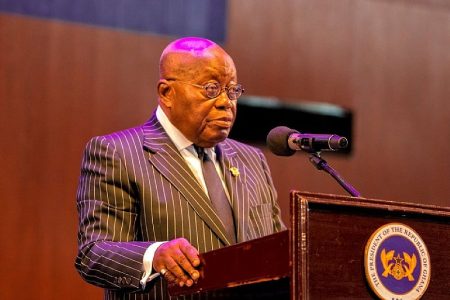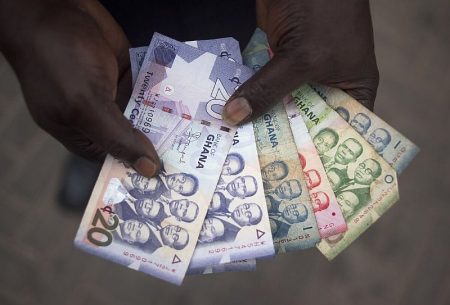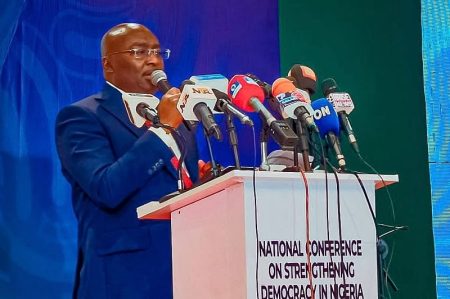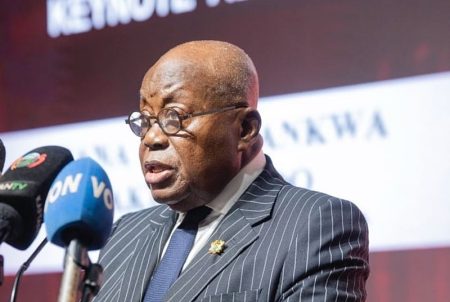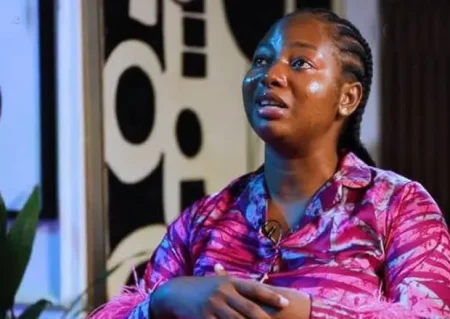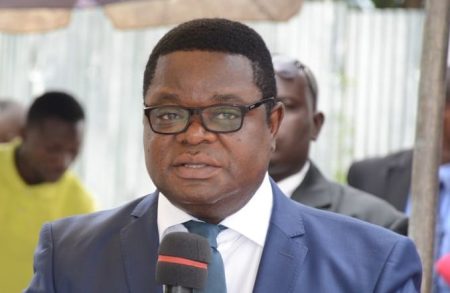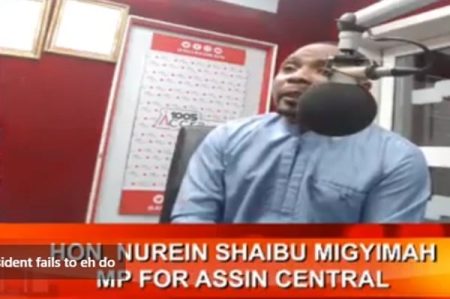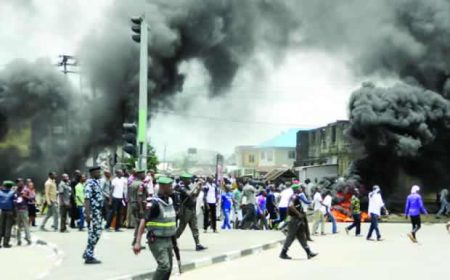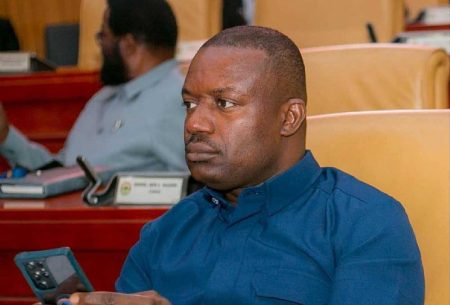Nana Ekua, the New Patriotic Party’s (NPP) spokesperson on health for the 2024 campaign, has publicly questioned the recent wave of criminal case withdrawals initiated by Attorney General Dr. Dominic Ayine. Her concerns stem from the perception that the discontinuation of numerous cases involving prominent members of the National Democratic Congress (NDC) contradicts the ruling party’s previously staunch anti-corruption platform. Speaking on GHOne TV, Ekua characterized the mass withdrawals as a “clearing exercise,” suggesting a deliberate attempt to shield NDC members from prosecution, a move she considers hypocritical given the NPP’s past criticisms of similar actions by previous administrations. This perceived inconsistency between the NPP’s rhetoric and actions forms the core of Ekua’s critique, raising questions about the party’s commitment to fighting corruption.
Ekua’s argument hinges on the contrast between the current administration’s approach and the Attorney General’s previous stance on pursuing cases to their conclusion. She highlights Dr. Ayine’s own words regarding the case of James Gyakye Quayson, the NDC MP for Assin North, who insisted on proving his innocence in court despite the possibility of having the charges dismissed. Ekua questions whether the swift withdrawal of other cases implies a lack of interest in pursuing justice or establishing the innocence of the accused. The implication is that the Attorney General is applying a different standard to NDC members compared to others, potentially suggesting political motivations behind the withdrawals.
Further fueling Ekua’s suspicion is the timing of these withdrawals. Occurring within a month of the current administration taking office, the rapid pace of dismissals raises concerns about the thoroughness of the review process. Ekua questions whether sufficient time has elapsed to conduct comprehensive investigations and determine the lack of merit in these cases. The speed of the Attorney General’s actions casts doubt on the depth of scrutiny applied to each case, suggesting that political expediency might be overriding due process and a genuine pursuit of justice.
Ekua’s comments reflect a broader unease about the implications of these withdrawals for the fight against corruption in Ghana. By discontinuing these cases, the government risks creating the impression that political connections can shield individuals from accountability, undermining the rule of law and eroding public trust in the judicial system. This perceived leniency towards members of the ruling party could also embolden future acts of corruption, as individuals might believe they can escape consequences due to their political affiliations.
The controversy surrounding these withdrawals underscores the delicate balance between political power and judicial independence. Ekua’s assertions highlight the importance of transparency and due process in handling legal proceedings, especially those involving politically exposed persons. Without a clear and consistent application of the law, the public’s faith in the justice system can be severely compromised. The appearance of favoritism or political interference in legal matters can create a climate of distrust and erode the very foundations of a democratic society.
Ultimately, Ekua’s questioning of the Attorney General’s actions calls for greater scrutiny of the decision-making process behind these case withdrawals. A thorough and transparent investigation into the rationale for each dismissal is necessary to address public concerns and ensure that justice is served without prejudice. The government must demonstrate a commitment to upholding the rule of law regardless of political affiliations, ensuring that the pursuit of justice remains impartial and free from political influence. Only through such transparency and accountability can public trust in the judicial system be maintained and the fight against corruption be effectively pursued.



